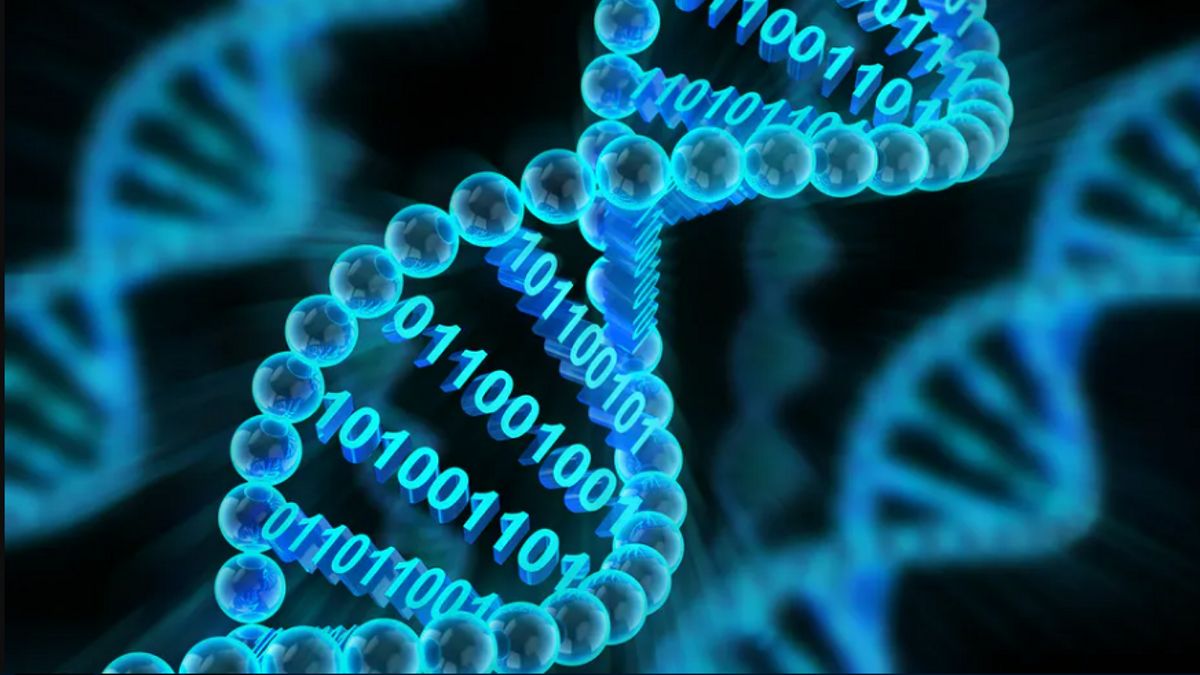JAKARTA – Hard drives are often used for data storage nowadays. Apparently, files can not only be stored on the hard drive. Researchers from Northwestern University revealed that we no longer need hard drives because more efficient storage has been found, namely DNA.
In recent years, researchers have conducted research into the possibility of storing files in DNA. This is claimed to be the next generation of data storage involving bioesensing and biorecording technologies. Researchers from Northwestern University suggest a method of recording information to DNA.
The process of storing data in DNA is claimed to only take a few minutes. This is more efficient than storing data on a hard drive. The breakthrough presented by the researchers is a new enzymatic system that synthesizes DNA, enabling rapid recording into DNA sequences, reports Slashgear.
The results have been published in a paper by Northwestern engineering professor Keith EJ Tyo. He believes that the breakthrough could change the way neurons in the brain learn and record data.
This new method, utilizes enzymes to synthesize DNA so that it can be manipulated directly to write information. It also allows information to be stored continuously.
The research team calls the method Time-sensitive Untemplated Recording using Tdt for Local Environmental Signals or TURTLES. This process is believed to be able to synthesize very new DNA instead of copying templates capable of recording at a faster and higher resolution. The data will be logged into the genetic code in a matter of minutes.
This new method is very potential for data storage in the future so that humans are no longer dependent on hardware such as hard drives. In the future, scientists can also study the brain to place recorders in all cells in the brain so that they can map responses to stimuli in the brain by leveraging single-cell resolution.
The researchers believe the TURTLES system can be used to store data archives for a very long time than hard drives. Brands will also be able to open data stored in DNA when needed.
The English, Chinese, Japanese, Arabic, and French versions are automatically generated by the AI. So there may still be inaccuracies in translating, please always see Indonesian as our main language. (system supported by DigitalSiber.id)












